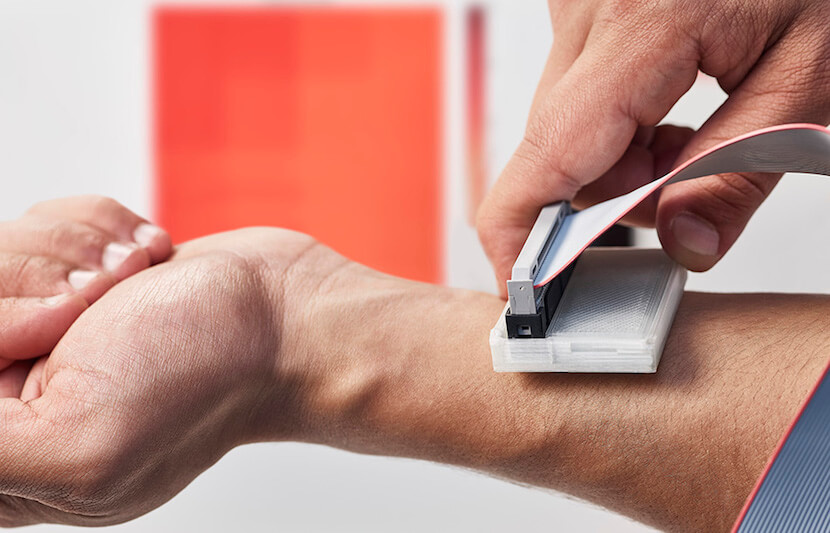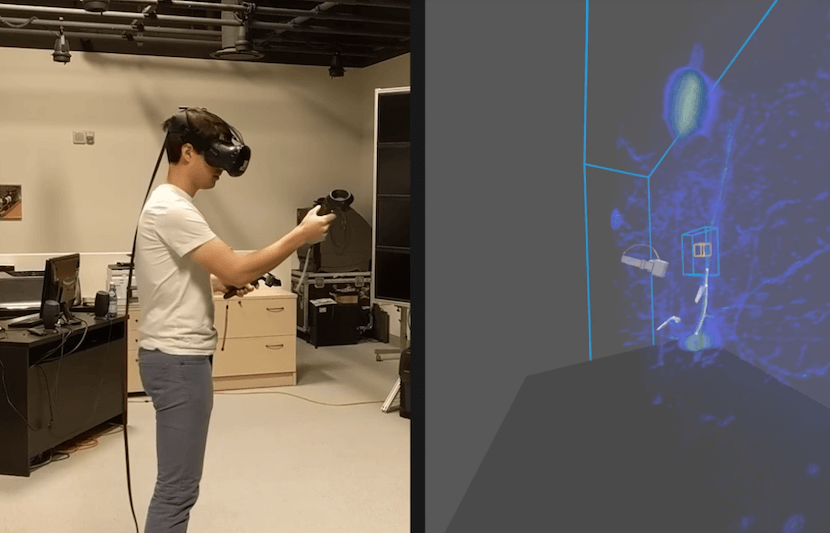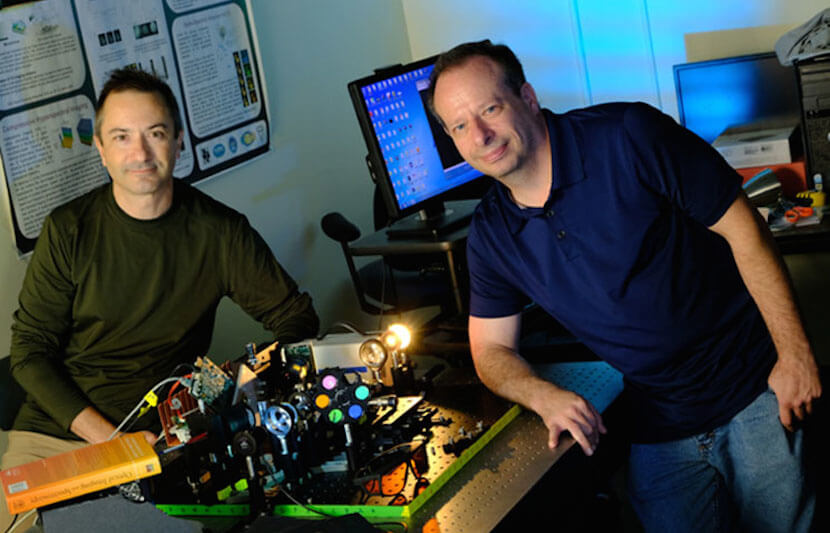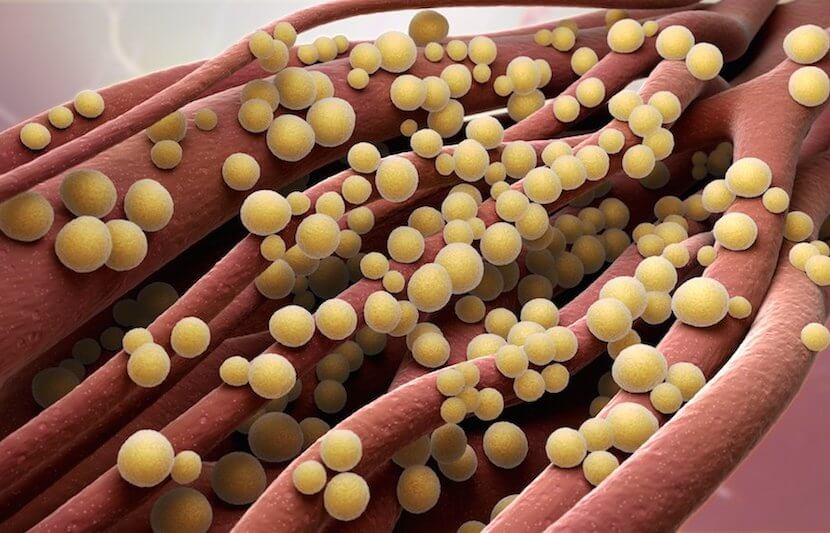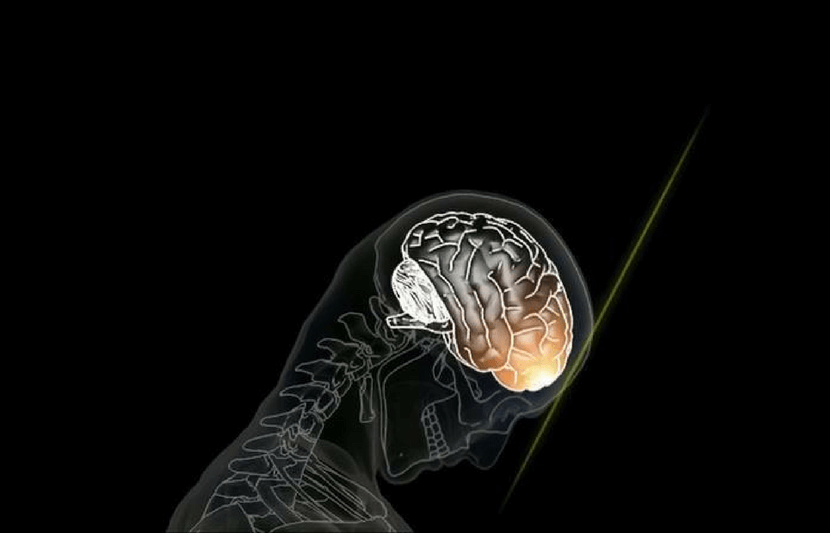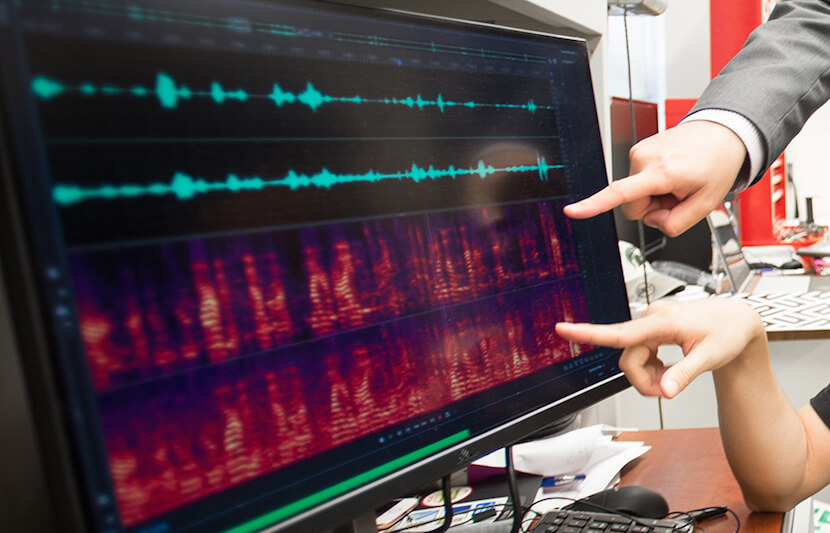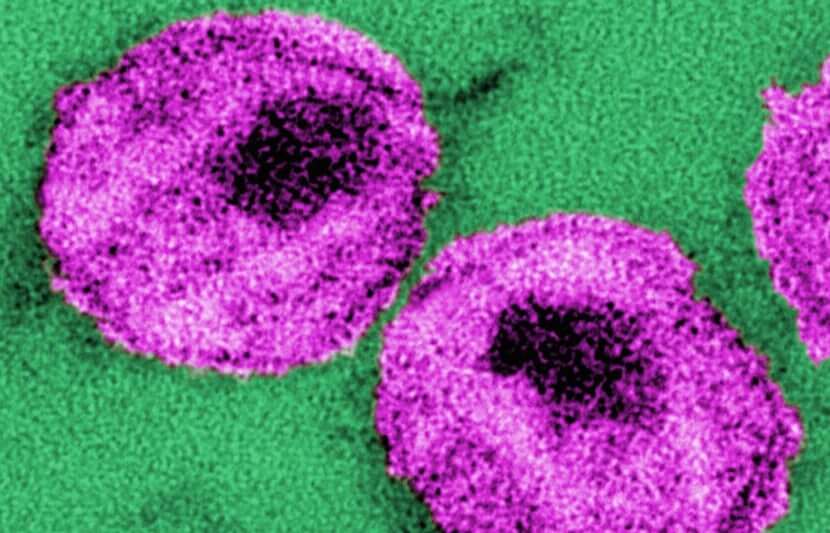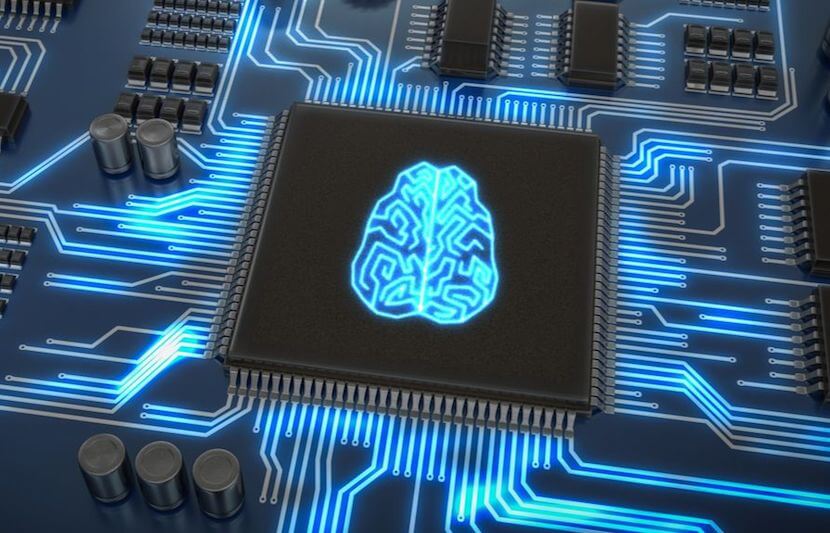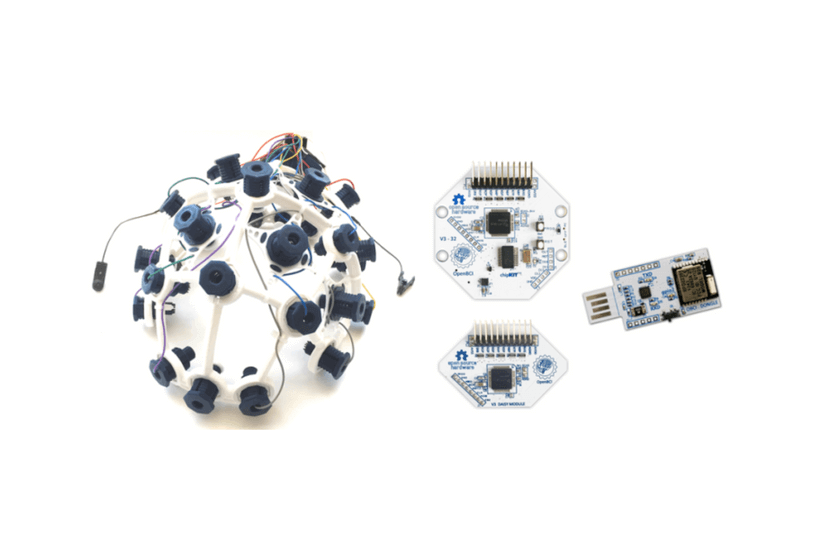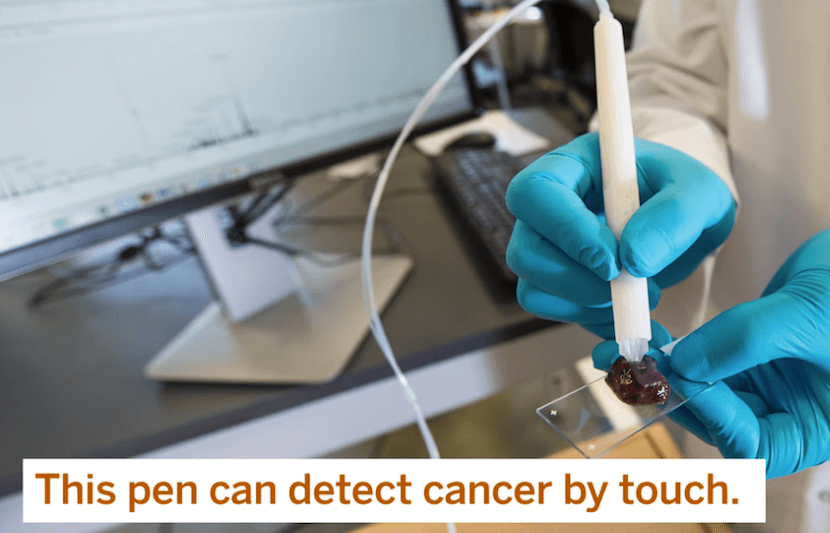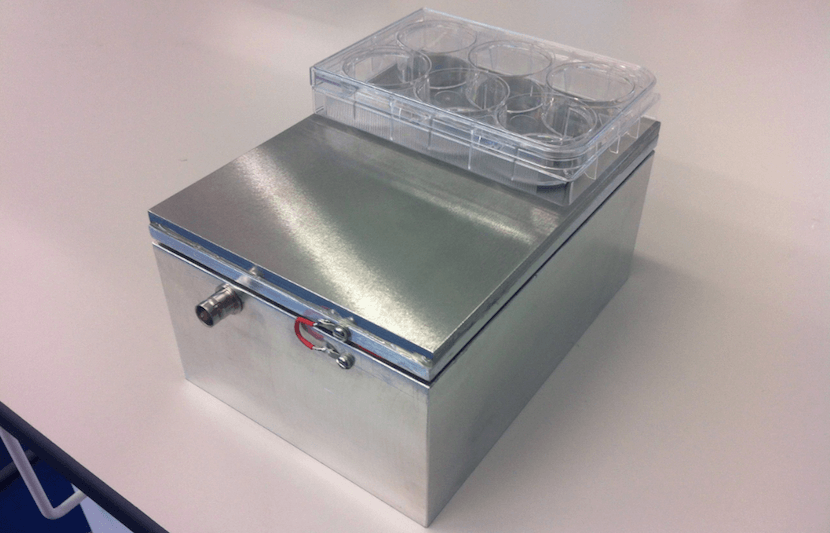-
McMaster University Students Win Dyson Award for Melanoma Skin Cancer Detection Device
Four students from McMaster University, Canada recently won this year’s James Dyson Award for the handheld melanoma skin cancer detection device they created. Named the sKan, the device earned the students the prestige of being a Dyson International Winner along with cash prizes of $40,000 for themselves and $6,000 for their university department. The award… Read More
-
How Movie and Game Techniques Are Advancing Neuroscience Research
Scientists across the U.S. are adopting computer generated imagery and virtual reality (VR) techniques from the film and gaming industries to advance research in neuroscience. Two projects presented by the University of Southern California in Los Angeles and by the University of Utah at the 2017 Society for Neuroscience annual meeting in Washington, D.C. gave… Read More
-
Treatment for Superbug ‘Could Lie Within Our Bodies’ Natural Defenses’
Researchers from Queen’s University Belfast and the University of Vienna have recently discovered that the body’s natural defenses could be used to treat Klebsiella pneumoniae, a bacteria resistant to antibiotics. The discovery could not have come at a better time, as this week — November 13-19 — is World Antibiotic Awareness Week. Antibiotic resistance is… Read More
-
Rice University’s ‘Compressed Sensing’ Technology Could Reduce MRI Scan Time
Two Rice University researchers have developed a new ‘compressed sensing’ technology that will benefit patients who are required to undergo magnetic resonance imaging (MRI) for diagnosis of their medical conditions. MRI is a noninvasive test that uses a powerful magnetic field, radio frequency pulses and a computer to produce detailed pictures of the internal body,… Read More
-
New Research by Lehigh University to ‘Trick’ Bacteria Into Revealing ‘Weak Spots’ in Cell Wall
A research team from Lehigh University is spearheading a novel approach to tackling antibiotic-resistant bacteria. This approach would essentially “trick” bacteria into revealing vulnerabilities in its cell wall, a jacket-like structure that surrounds it, so new drugs can be developed to defeat the bacteria. Antibiotic, or antimicrobial, resistance is a growing problem around the world.… Read More
-
UCLA Researchers Identify New Biomarkers for Quick, Reliable Concussion Diagnosis
Researchers at UCLA have found a way to ensure that concussions, even those that do not show up in a CAT or CT scan, can be diagnosed within an hour of injury so proper steps can be taken for recovery. A concussion, according to the Center for Disease Control, is a traumatic brain injury (TBI)… Read More
-
No More Need to Turn Off Hearing Aid to Tune Out Background Noise with MSU’s New Technology
A team of researchers at Michigan State University (MSU) is developing a revolutionary hearing aid technology that would eliminate background noise heard through devices currently used by people who have need of a hearing aid. While hearable technologies have improved many people’s ability to hear, there are some situations where the devices have been proven… Read More
-
Delivering Improved Emergency Treatment in Rural West Texas via Telemedicine
Residents of rural West Texas will have access to improved emergency treatment with the launch of a telemedicine project known as Next Gen 9-11 Telemedicine Project that is designed to provide faster communication between EMS providers and a select group of trauma centers in the area. In telemedicine, actual patient health care is delivered over… Read More
-
Northumbria University, Newcastle Researcher Develops ‘Faster and Safer’ Way for Ebola Mass Screening
Led by Dr. Sterghios Moschos, associate professor in cellular and molecular sciences at Northumbria University at Newcastle in England, a team of researchers has created a “new, faster and safer way” for mass screening for the Ebola virus. First identified in 1976 in two contemporaneous outbreaks in South Sudan and the Democratic Republic of Congo,… Read More
-
UCLA, Stanford and NIH’s ‘Kick and Kill’ Approach Could Eliminate Dormant HIV Virus
A team of researchers from UCLA, Stanford University, and the National Institutes of Health (NIH) has developed a molecule capable of waking up dormant HIV virus and eliminating it. The team calls this approach the “kick and kill” method, and has tested it on mice. Current HIV treatments can make the virus nearly undetectable, thus… Read More
-
Diagnosing CTE in Living Patients May Become Possible with New Boston University Research
In a recent study, researchers at Boston University (BU) and the VA Boston Healthcare System (VABHS) have made a discovery that could lead to the ability to diagnose chronic traumatic encephalopathy (CTE) in living patients. The study is published in the journal PLOS ONE. CTE is a degenerative brain disease that has become increasingly present… Read More
-
Researchers From Oxford, Exeter and Münster Universities Develop Photonic Microchips That Mimic Human Brain
A team of researchers from the Universities of Oxford and Exeter in the UK and the University of Münster in Germany have made a significant breakthrough in the field of artificial intelligence by developing a microchip with a circuitry structure mimicking that of a synapse in the brain. By engineering chip structure to emulate the… Read More
-
University of Maryland Undergraduates Develop Revolutionary Diagnostic Tool for Alzheimer’s
A team of seven undergraduate students from the James A. Clark School of Engineering at the University of Maryland (UMD) has invented a diagnostic tool capable of diagnosing Alzheimer’s disease before the symptoms show, which could revolutionize healthcare for patients with Alzheimer’s. Alzheimer’s disease is the sixth leading cause of death in the U.S. today,… Read More
-
University of Texas at Austin Researchers Invent Pen That Accurately Detects Cancer in 10 Seconds
A team of scientists and engineers at The University of Texas (UT) at Austin has invented a pen device capable of accurately identifying cancerous tissue in just 10 seconds. The MasSpec Pen will help surgeons pinpoint cancerous tissue during surgery, so they know where to cut or preserve. “One of the real problems in… Read More
-
Universities of Glasgow, Stratchclyde, West of Scotland and Galway Researchers Grow Bone with ‘Nanokicking’ Technology
Researchers from the Universities of Glasgow, Stratchclyde, West of Scotland and Galway are using ‘nanokicking’ technology to grow three-dimensional mineralized bone samples in their laboratory. Broken, sprained, or otherwise damaged sections of bone have long presented challenges for doctors, so this technology is poised to transform the lives of many patients worldwide. The study is… Read More


